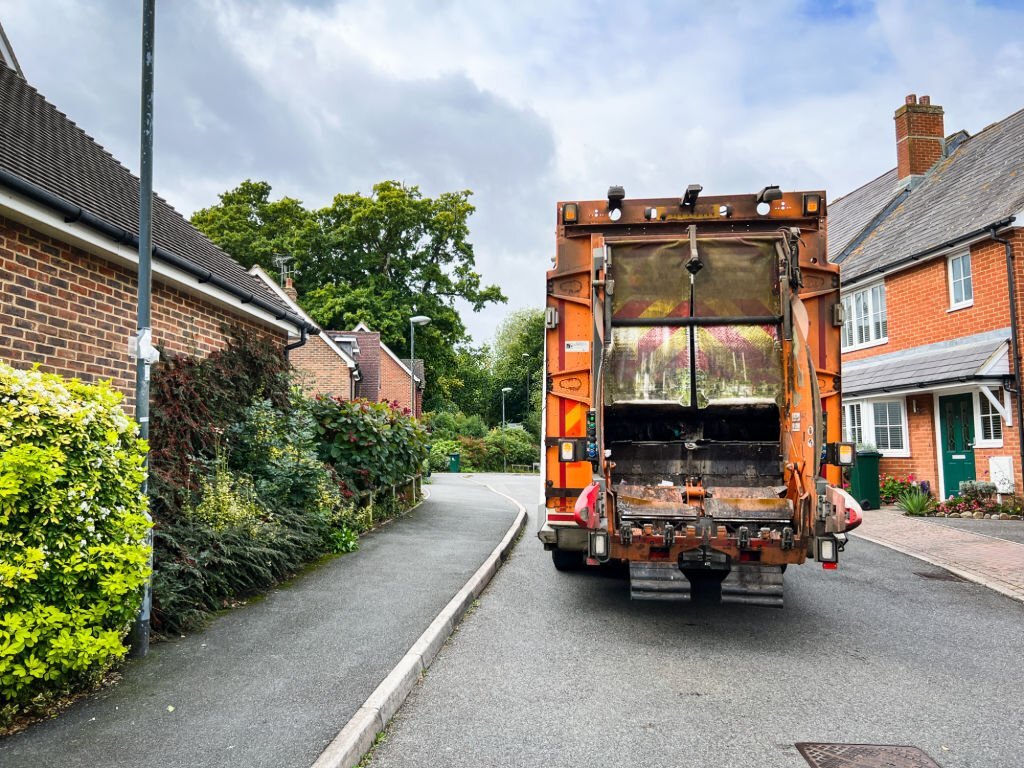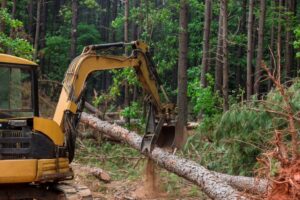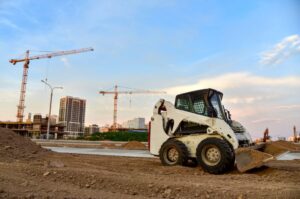
Dump trucks are renowned for their material-hauling capabilities in various industries, including construction, waste management, and infrastructure development. However, the feasibility of operating dump trucks in urban areas poses unique challenges due to the dense population, limited space, and increased traffic. In this article, we will explore the question of whether dump trucks can be operated in urban areas. We will delve into the challenges, considerations, and potential solutions for utilizing dump trucks in urban environments. Additionally, we will highlight the benefits they bring to construction projects, waste management, and infrastructure development while addressing concerns related to traffic congestion, noise pollution, and safety in urban settings.
1. Challenges in Urban Operations
Operating dump trucks in urban areas presents various challenges that need to be addressed:
a. Traffic Congestion: Urban areas are characterized by high volumes of vehicular and pedestrian traffic. Dump trucks need to navigate through congested streets, intersections, and narrow alleys, which can impede their movement and pose risks to other road users.
b. Limited Space: Urban environments often have limited space for maneuvering and parking, making it challenging to accommodate the size and dimensions of dump trucks.
c. Noise Pollution: Dump trucks generate noise during their operation, which can be disruptive and pose a nuisance to residents, businesses, and sensitive areas in urban neighborhoods.
d. Safety Concerns: The presence of pedestrians, cyclists, and other vehicles in urban areas raises safety concerns when operating large dump trucks, particularly during turns, lane changes, and backing maneuvers.
2. Considerations for Urban Operations
Operating dump trucks in urban areas requires careful considerations to mitigate challenges and ensure safe and efficient operations:
a. Route Planning and Timing: Careful route planning can help optimize the movement of dump trucks by identifying less congested routes and off-peak hours for transportation activities. Coordinating with local authorities and stakeholders can also provide valuable insights into traffic patterns and road closures.
b. Size and Maneuverability: Selecting dump trucks that are appropriately sized and have improved maneuverability can help navigate the limited space and challenging urban terrain. Smaller dump trucks or specialized urban models designed for urban operations may be more suitable for restricted areas.
c. Noise Reduction Measures: Implementing noise reduction measures such as mufflers, sound insulation, and quieter engines can minimize the impact of noise pollution on urban residents and businesses.
d. Safety Enhancements: Dump trucks operating in urban areas should be equipped with safety features such as rearview cameras, blind-spot detection, audible warnings, and proximity sensors to enhance safety for pedestrians, cyclists, and other road users.
3. Benefits of Urban Operations
Despite the challenges, dump trucks offer several benefits when operated in urban areas:
a. Construction Projects: Dump trucks play a vital role in urban construction projects, facilitating the transportation of construction materials, debris, and equipment. Their efficient material hauling capabilities ensure timely delivery, minimizing construction delays and optimizing project efficiency.
b. Waste Management: Urban areas require effective waste management to maintain cleanliness and hygiene. Dump trucks contribute to waste collection and transportation, ensuring proper waste disposal and minimizing the risk of overflow or illegal dumping.
c. Infrastructure Development: Dump trucks are essential for urban infrastructure development projects, such as road construction, utility installation, and landscaping. They enable the transportation of materials, including asphalt, gravel, concrete, and landscaping elements, contributing to the progress and completion of infrastructure projects.
4. Potential Solutions and Innovations
Innovations and technologies can further enhance the feasibility of dump truck operations in urban areas:
a. Electric Dump Trucks: Electric-powered dump trucks offer a quieter and more environmentally friendly alternative, reducing noise and emissions in urban environments. As electric vehicle technology advances, electric dump trucks may become increasingly viable for urban operations.
b. Autonomous Dump Trucks: Autonomous dump trucks have the potential to improve safety and efficiency in urban operations. They can be programmed to follow optimal routes, adhere to traffic regulations, and avoid collisions, mitigating the challenges associated with human-operated vehicles in dense urban areas.
Conclusion
While operating dump trucks in urban areas present unique challenges, their utilization in construction projects, waste management, and infrastructure development brings significant benefits to urban environments. By carefully considering route planning, size, noise reduction measures, and safety enhancements, the challenges associated with operating dump trucks in urban areas can be mitigated. The advantages they offer in material transportation, waste management, and infrastructure development make dump trucks indispensable in urban operations. With potential solutions such as electric-powered and autonomous dump trucks on the horizon, the feasibility and sustainability of operating dump trucks in urban areas continue to improve. By addressing concerns related to traffic, noise, and safety, dump trucks can contribute to the efficiency, sustainability, and development of urban environments.



